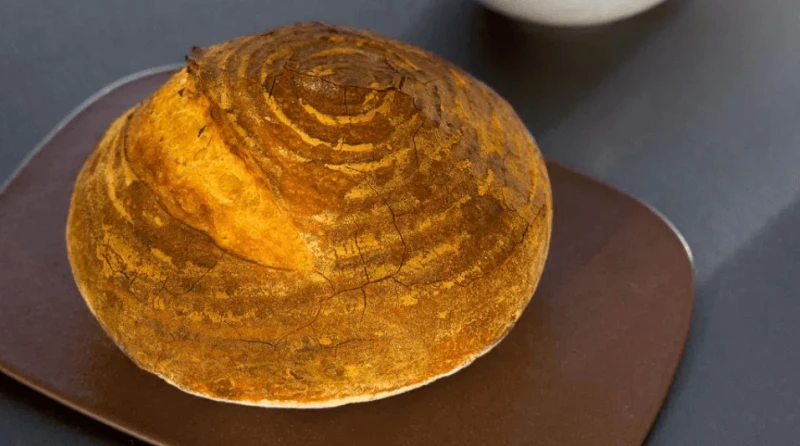Would you eat bacteria to limit climate change?
Would you eat bacteria to limit climate change?


Ideas about how to reform agriculture to make it less destructive vary widely, ranging from organic farming and eating less meat to engineering crops genetically to make them more productive and less susceptible to pests. Replacing animals with lab grown meat is even on the table.
Over the past five years a more radical idea has emerged: growing hydrogen-oxidising bacteria for human consumption. These bacteria consume hydrogen for energy and carbon dioxide to make biomass.
The plan is to combine the existing technologies of water electrolysis, bacteria fermentation, and atmospheric carbon dioxide capture to grow vast amounts of bacterial biomass using renewable electricity, essentially taking the strategy of ecosystem modification to its ultimate form.
That is, humans taking over responsibility for capturing sunlight to split water and growing food in a completely artificially environment.
The resulting edible biomass is a protein-rich yellow powder that reportedly tastes like wheat. As George Monbiot reported for The Guardian in 2020, the substance could replace the feedstock necessary for animal agriculture or fillers in common food products; it could be the building blocks for artificial meat, milk, and eggs, or a substitute flour in pancakes or pasta.
This is an excerpt. Read the original post here.

 | Videos | More... |

Video: Nuclear energy will destroy us? Global warming is an existential threat? Chemicals are massacring bees? Donate to the Green Industrial Complex!
 | Bees & Pollinators | More... |

GLP podcast: Science journalism is a mess. Here’s how to fix it

Mosquito massacre: Can we safely tackle malaria with a CRISPR gene drive?

Are we facing an ‘Insect Apocalypse’ caused by ‘intensive, industrial’ farming and agricultural chemicals? The media say yes; Science says ‘no’
 | Infographics | More... |

Infographic: Global regulatory and health research agencies on whether glyphosate causes cancer
 | GMO FAQs | More... |

Why is there controversy over GMO foods but not GMO drugs?

How are GMOs labeled around the world?

How does genetic engineering differ from conventional breeding?
 | GLP Profiles | More... |

Alex Jones: Right-wing conspiracy theorist stokes fear of GMOs, pesticides to sell ‘health supplements’




 Viewpoint — Fact checking MAHA mythmakers: How wellness influencers and RFK, Jr. undermine American science and health
Viewpoint — Fact checking MAHA mythmakers: How wellness influencers and RFK, Jr. undermine American science and health Viewpoint: Video — Big Solar is gobbling up productive agricultural land and hurting farmers yet providing little energy or sustainabilty gains
Viewpoint: Video — Big Solar is gobbling up productive agricultural land and hurting farmers yet providing little energy or sustainabilty gains Trust issues: What happens when therapists use ChatGPT?
Trust issues: What happens when therapists use ChatGPT? Fighting deforestation with CO2: Biotechnology breakthrough creates sustainable palm oil alternative for cosmetics
Fighting deforestation with CO2: Biotechnology breakthrough creates sustainable palm oil alternative for cosmetics California, Washington, Oregon forge immunization alliance to safeguard vaccine access against federal undermining
California, Washington, Oregon forge immunization alliance to safeguard vaccine access against federal undermining 30-year-old tomato line shows genetic resistance to devastating virus
30-year-old tomato line shows genetic resistance to devastating virus The free-range chicken dilemma: Better for birds, but with substantial costs
The free-range chicken dilemma: Better for birds, but with substantial costs ‘You have to treat the brain first’: Rethinking chronic pain with Sanjay Gupta
‘You have to treat the brain first’: Rethinking chronic pain with Sanjay Gupta
